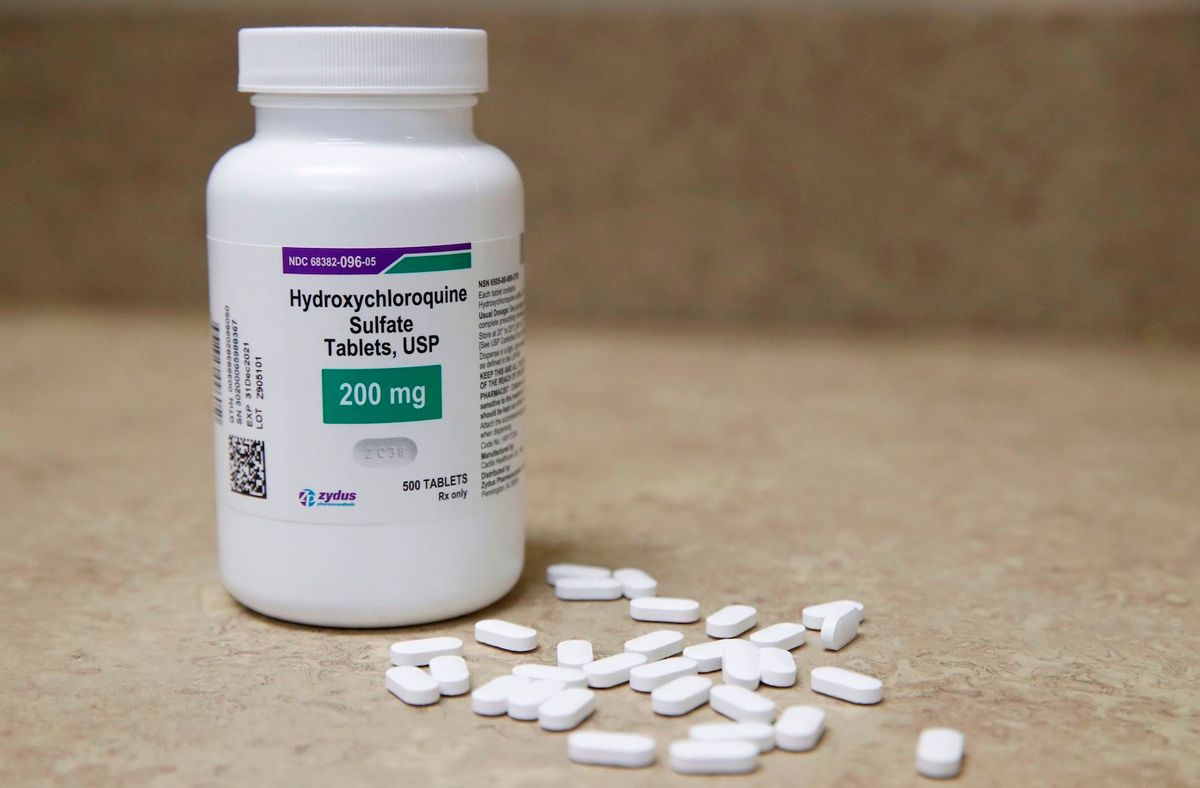
A professor of epidemiology at Yale University wrote for Newsweek that hydroxychloroquine is an effective treatment for patients in the early stages of a COVID-19 infection and urged medical professionals not to let the policy or peer pressure prevent them from using it to save lives.
Hydroxychloroquine, a medicine that has long been used to treat malaria, has been shown by numerous studies to be effective against COVID-19 and safe for patients. However, the use of the drug has become a political dispute, especially since President Donald Trump advocated it and even took it himself.
“I am fighting for a treatment that the data fully supports but that, for reasons that have nothing to do with a correct understanding of science, has been neglected,” wrote Dr. Harvey A. Risch. “As a result, tens of thousands of COVID-19 patients die unnecessarily.”
Risch cites several studies, which he has been analyzing and writing in medical journals for months, showing that patients taking hydroxychloroquine, especially in combination with azithromycin and zinc, have lower death rates. He also noted what he called “natural experiments” in which countries saw significant changes in COVID-19 mortality corresponding to changes in national hydroxychloroquine policy. Risch writes:
In the state of Pará, in the north of Brazil, deaths from COVID-19 increased exponentially. On April 6, the network of public hospitals purchased 75,000 doses of azithromycin and 90,000 doses of hydroxychloroquine. Over the following weeks, authorities began distributing these medications to infected people. Although new cases continued to occur, on May 22 the death rate began to plummet and is now about an eighth of what it was at the top.
A reverse natural experiment occurred in Switzerland. On May 27, the Swiss national government banned the outpatient use of hydroxychloroquine for COVID-19. Around June 10, deaths from COVID-19 increased fourfold and remained high. On June 11, the Swiss government revoked the ban, and on June 23 the death rate was back to what it had been beforehand. People who die from COVID-19 live three to five weeks from the onset of symptoms, making the evidence for a causal relationship in these experiments strong. Both episodes suggest that a combination of hydroxychloroquine and its complementary medications reduces mortality and should be immediately adopted as the new standard of care in high-risk patients.
Risch noted that although the Food and Drug Administration warned of heart problems associated with the use of hydroxychloroquine, the warning was not issued in full context.
“But what the FDA did not announce is that these adverse events were generated from tens of millions of uses of hydroxychloroquine by patients over long periods of time, often for the chronic treatment of lupus or rheumatoid arthritis,” Risch wrote. “Even if the actual arrhythmia rates are ten times higher than reported, the damage would be minuscule compared to the mortality currently occurring in improperly treated high-risk COVID-19 patients.”
Risch calls for an end to political disputes over hydroxychloroquine and a renewed focus on science and what the data shows.
“For many, [hydroxychloroquine] it is seen as a marker of political identity, on both sides of the political spectrum, “Risch wrote.” No one needs to remind you that this is not how medicine should proceed. We must judge this drug strictly according to science. “
.